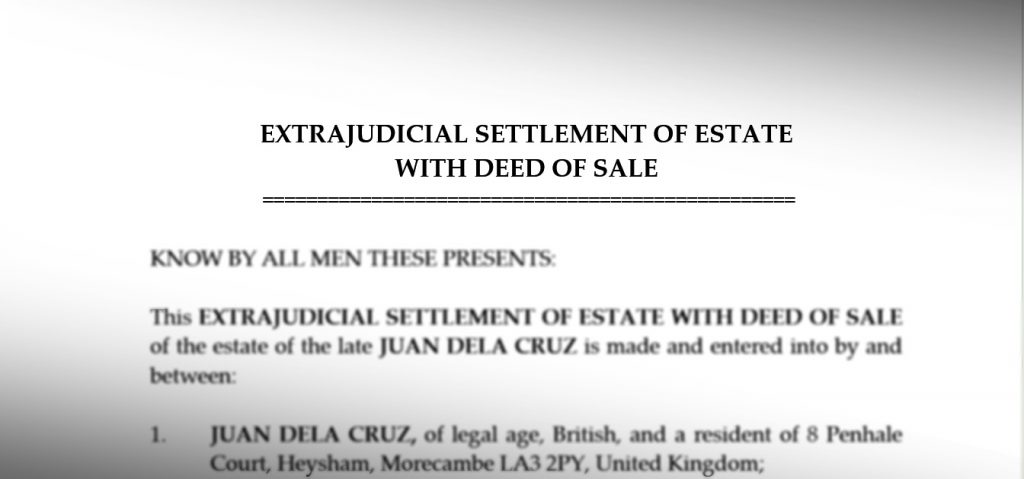


An Extrajudicial Settlement with Deed of Sale is a notarized document that transfers property from a deceased owner who does not have a will to a buyer with the consent of all the heirs. It must be settled within a year otherwise to avoid annual tax penalties.
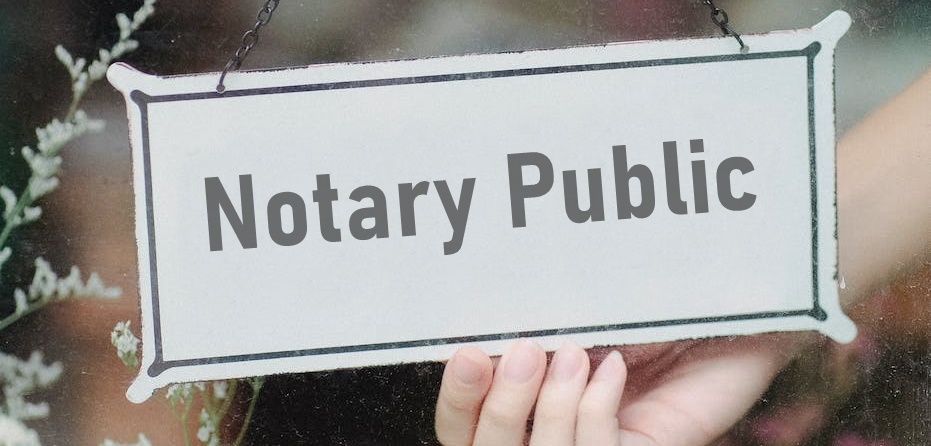
It is a combination of an Extrajudicial Settlement and a Deed of Sale and is a good option since an Extrajudicial Settlement with Deed of Sale completes both the EJS and the Deed of sale in one document.
When you settle an estate you transfer it to the heirs.
When you sell an Ordinary Asset you transfer it to the buyer.
However, when you do an Extrajudicial Settlement with Deed of Sale, you transfer directly to the buyer, so avoid the difficulty of 2 transfers.
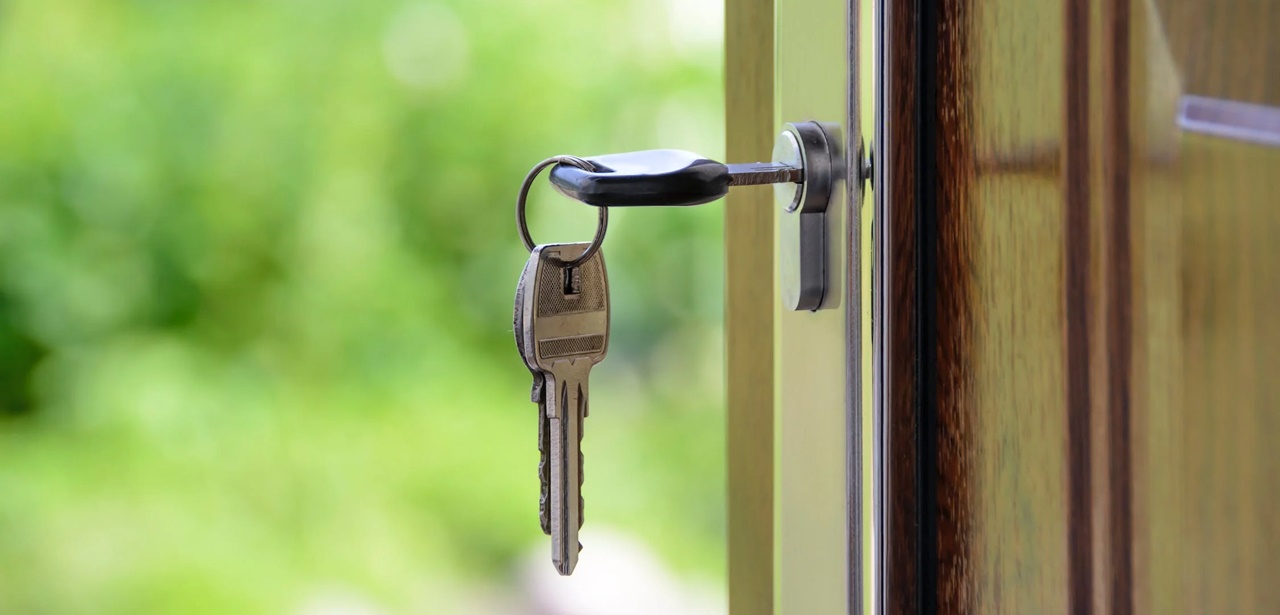
Settling the estate is important because it allows the transfer of the titles to the new heirs or owners.
Without settling an estate, a land title cannot be transferred to the heirs.
Without settling an estate, a land title cannot be transferred to the buyer.
If the title is not in your name, you cannot reap the full rewards of being an owner.
 formal attire checking the documents on the table" width="1280" height="579" />
formal attire checking the documents on the table" width="1280" height="579" />
The requirements for Extrajudicial Settlement with Sale are that you must have an actual buyer with the amounts agreed, agreement amongst the heirs and all the property documents.
One of the requirements for Extrajudicial Settlement with Sale is that there must be an identified buyer with an agreed-upon price.
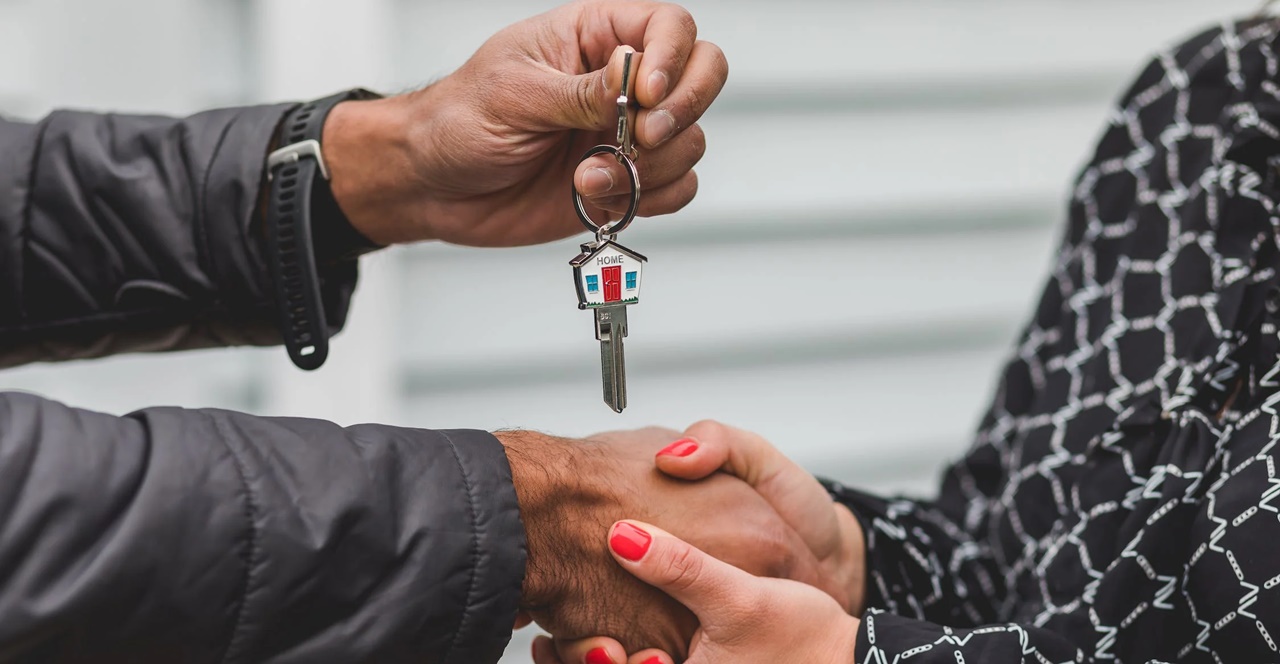 hands and giving a key to a woman" width="1280" height="664" />
hands and giving a key to a woman" width="1280" height="664" />
If you just want to sell the property but don’t have a specific buyer, do an Extrajudicial Settlement instead.
Another one of the requirements for Extrajudicial Settlement with Sale is that all the heirs must sign. If some heirs disagree, you will need to discuss this with an Inheritance Lawyer because you may end up going to court. It is best to avoid court.
So many estates are never settled because of a lack of documents.
While you can pay estate taxes with just a tax declaration, you will need the Original Owner’s Title so that the property can be transferred to the buyer. And sometimes documents as simple as a birth, marriage or death certificate can result in a PSA Certificate of No Record.
Even if documents are available, a lot of documents have issues with the names being improperly spelled or inconsistencies. This can also cause issues.
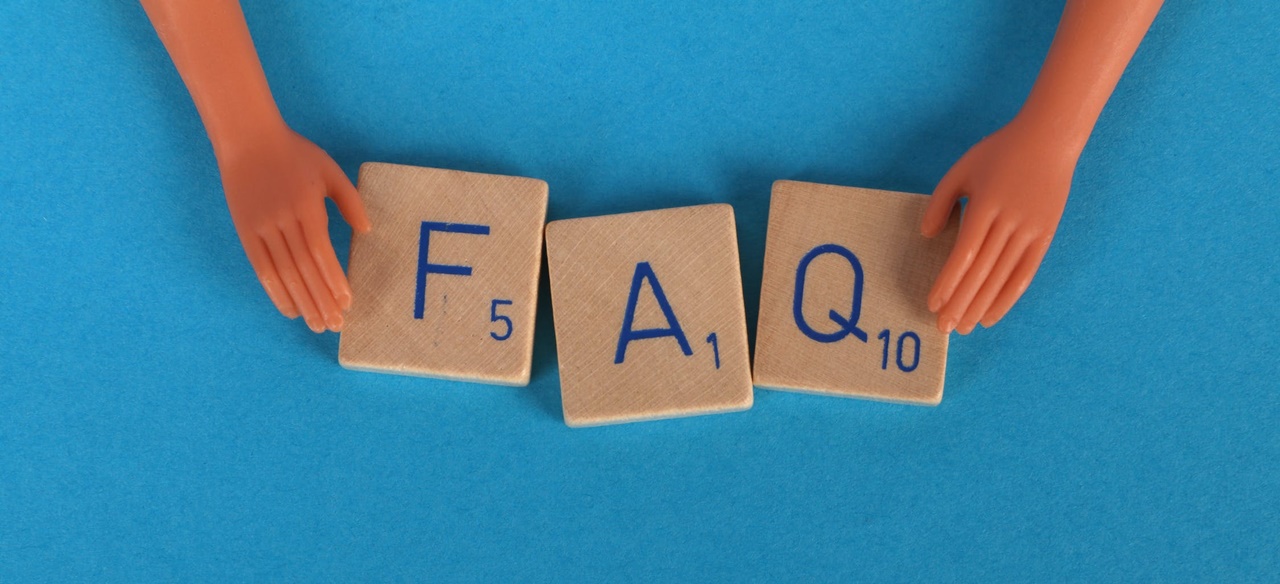
Hopefully, this will help you understand what needs to be done.
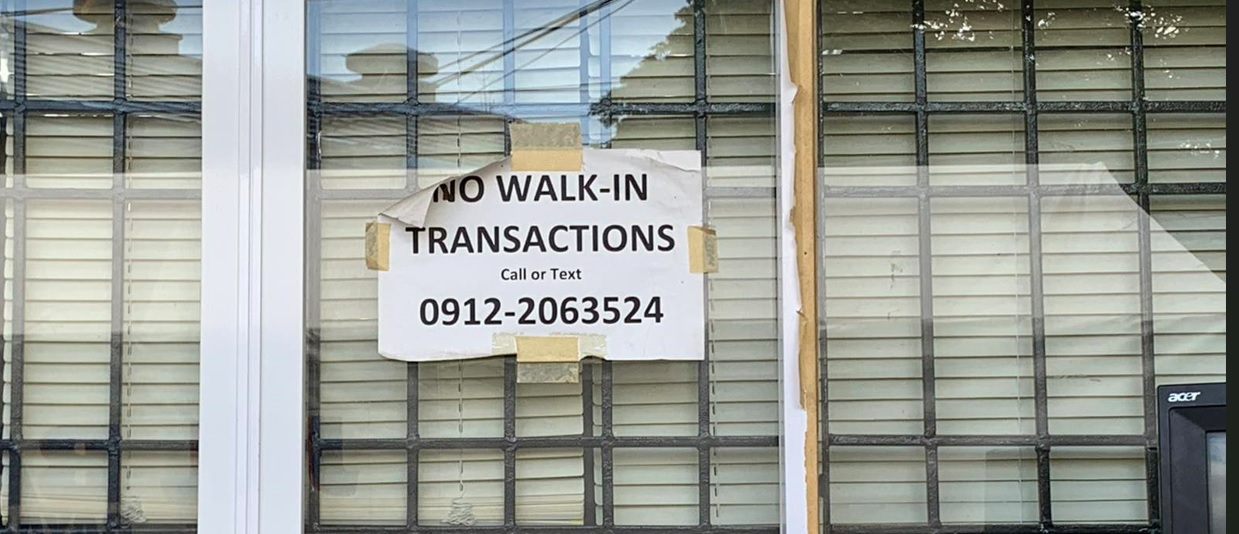
The process for an Extrajudicial Settlement with Sale is that the documents are gathered, submitted to the BIR, and then transferred by the appropriate government agency – exactly the same as a regular Extrajudicial Settlement.
I’ll summarize the Extrajudicial Settlement with Deed of Sale process below, just in case you are not familiar with it:
It’s deceptively simple, I know.
But because gathering the documents can take months due to the issues we always find in them, the process can easily take up the entire allocated year.
Remember though that you need to rush since Estate tax penalties do happen.
If the estate is not settled after a year for deaths on Jan 1, 2018, and after, then BIR penalties are added to the BIR estate taxes on every anniversary of the death.

The cost for an Extrajudicial Settlement with Deed of Sale is 6% of the net estate and the 6% on the same, plus the cost of gathering the documents.
Your possible costs are detailed below:
Let’s talk about the BIR Estate Taxes.
BIR estate taxes are one of the major requirements for extrajudicial settlement with the sale and must be paid – you cannot settle an estate without paying it.
The amount of BIR Estate Taxes depends upon when the person died.
Prior to TRAIN, there were something like 8 different estate tax laws that are to be applied depending on the date of death.
For example, if the deceased passed away on June 3, 1976, the applicable estate taxes are those from PD 69.
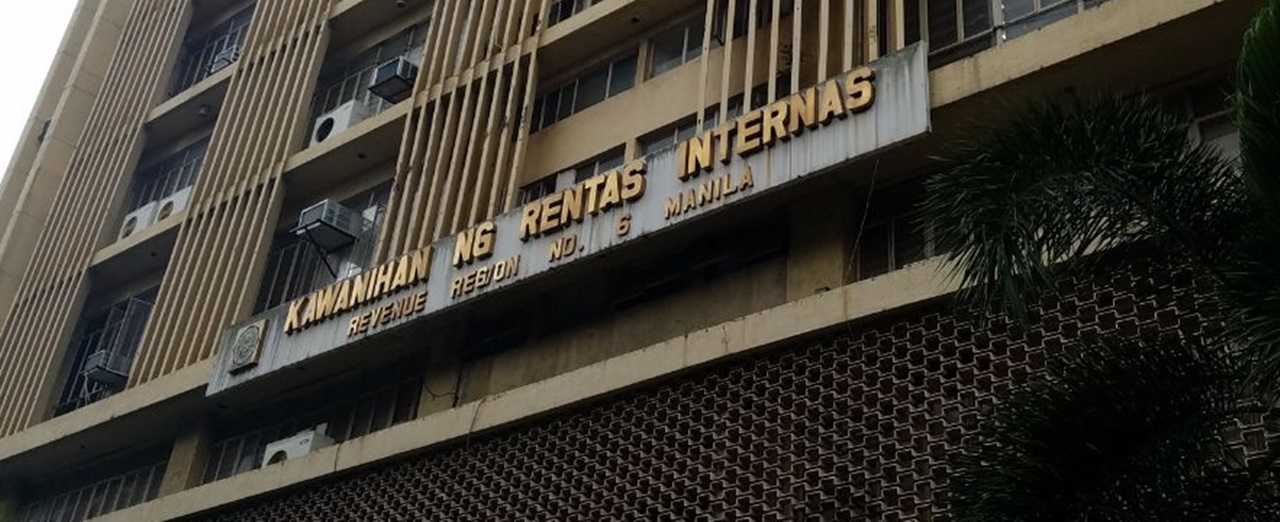
But if the death was after Dec 31, 2018, then the TRAIN laws apply.
Currently, the effective BIR Estate Tax calculation is as follows:
This can be a little complicated – it’s best to consult with an Inheritance Lawyer so that he can tell you the best ways to reduce the BIR Estate taxes.
Please note that an Inheritance lawyer cannot calculate the exact BIR Taxes during an initial consultation because he would need all the documents as well as new documents that he needs to get from the government. Your lawyer would need to study the case to get an exact cost, which most can only do after getting all the documents, and all the information and spending some time on it.

If a person has a Will, then the Will determines the heirs but must still respect the laws on Disinheritance, Compulsory heirs and Rules on Notarial and Holographic Wills.
If a person does not have a Will, the laws on Compulsory Heirs will be followed.
Compulsory Heirs are those who the law states must inherit unless validly disinherited or otherwise removed; for example, a legal spouse no longer inherits if annulled.
 People doing a thumbs up all together" width="1280" height="595" />
People doing a thumbs up all together" width="1280" height="595" />
An heir can sell his part of the property, if he wishes.
But to transfer to the new owner’s name, the property must be subdivided so that the portion that is being sold can be titled to the new owners.

Yes, one of the requirements for extrajudicial settlement with sale – or for all extrajudicial settlement is that all heirs sign.
If not all the heirs agree to the sale, then try to do an Extrajudicial Settlement instead or subdivide the property.
Just remember that to settle any estate all the heirs must sign.
(Remember to settle the estate as soon as possible because each year late fees will be added to the estate taxes if the estate remains unsettled and this can be very, very expensive.)

If one of the heirs is abroad, it can be more challenging logistically since he will have to sign, notarize and then authenticate the Extrajudicial Settlement with Deed of Sale abroad before it can be used in the Philippines.
But still, all the heirs must sign – it is one of the requirements for extrajudicial settlement with sale or any EJS for that matter.

Yes, but it cannot be transferred to the new owner’s name unless the estate is settled.
Serious buyers and businesses will want the estate settled before they buy, and will often pay a higher price because the land is correctly titled.
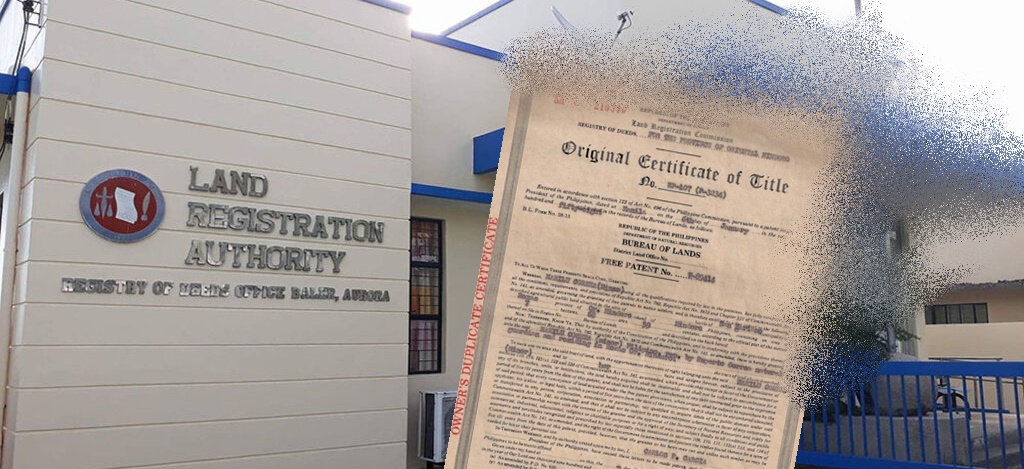
If you do not have the Original Owner’s Title (not a photocopy), then you will need to go to court in a Reissuance case so that a new owner’s copy can be given to you.

If you do not have any documents at all – say you just have a name and an address, be prepared to spend money and time on getting the documents.
If it is land, first go to the Registry of Deeds where the property is located and get the following documents for the name of the deceased:
· Certified True Copy of Title
· Certified Tax Declarations and Tax Computation
· Certificate of Land Holdings
That will check first if the property is in the name of the deceased and give you a very good place to start gathering the other documents and contacting ALL the heirs so that they sign the EJS or help settle the property.
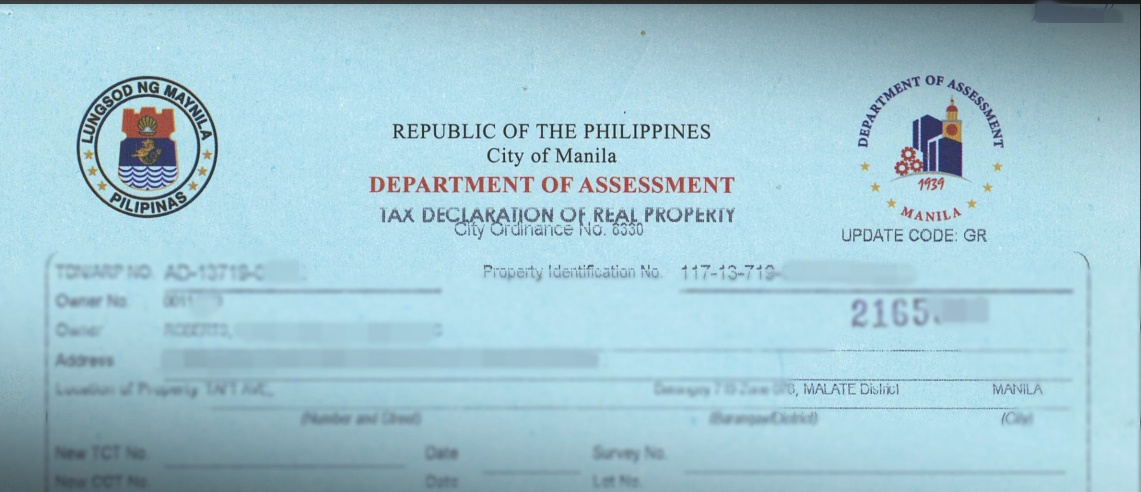
If the tax declaration is in a name other than the deceased but the land title is in the deceased’s name, it must be transferred first so that the tax declaration can then be transferred to the new heirs or owners.
To transfer a tax declaration, you will have to show proof that it was bought, inherited or otherwise acquired by the deceased.
This may mean that you need to show a Deed of Sale or a previous EJS.

Yes, supposedly you can do this without an Inheritance Lawyer, but I’ve never actually seen anyone do this without one.
Because the requirements for Extrajudicial Settlement with the sale are numerous and because there are so many difficulties gathering the documents, it is very, very, very hard to do by yourself.
With an Inheritance Lawyer, you are guided and have a better chance of succeeding.